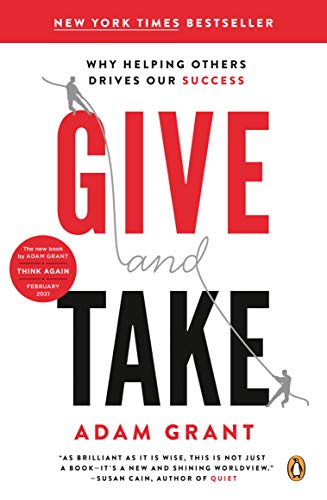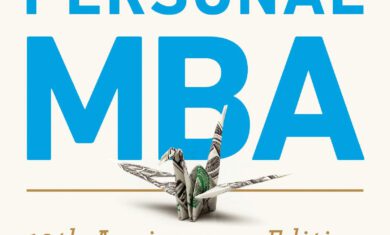In Adam Grant’s excellent book “Give and Take“, he proposes that there are three kinds of people: Givers, Takers, and Matchers. The goal of the book is to show how being a giver is your best bet for long-term success and happiness.
However, being a “giver” can be draining. In most studies, givers were the most successful of the three groups, but also the least successful, with the takers and matchers landing in the middle. The difference in the two types of givers is that successful givers made sure to stay healthy, whereas unsuccessful givers simply ran themselves into the ground. A few quotes from the book help to drive this home.
First, when it comes to the degree of self-interest with givers:
“givers always score high on other-interest, but they vary in self-interest. There are two types of givers, and they have dramatically different success rates. Selfless givers are people with high other-interest and low self-interest. They give their time and energy without regard for their own needs, and they pay a price for it. Selfless giving is a form of pathological altruism, which is defined by researcher Barbara Oakley as “an unhealthy focus on others to the detriment of one’s own needs,” such that in the process of trying to help others, givers end up harming themselves.”
Bill Gates agrees with this idea, proposing that people are most successful when they combine the ideas of self-interest with caring for others:
As Bill Gates argued at the World Economic Forum, “there are two great forces of human nature: self-interest, and caring for others,” and people are most successful when they are driven by a “hybrid engine” of the two. If takers are selfish and failed givers are selfless, successful givers are otherish: they care about benefiting others, but they also have ambitious goals for advancing their own interests.
The basic idea comes back to what you hear on airlines: “in an emergency, secure your oxygen mask first before helping others”. If you pass out, you’re of no help to anyone.
If you’re a giver, it can seem difficult to spend time on yourself. That time could be spent helping more people, right? In the short term you may be correct, but if you want to make a lasting difference you need to have the stamina for the long haul.
If you’ve not read “Give and Take” yet, I highly recommend you give a shot.




